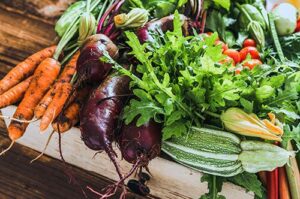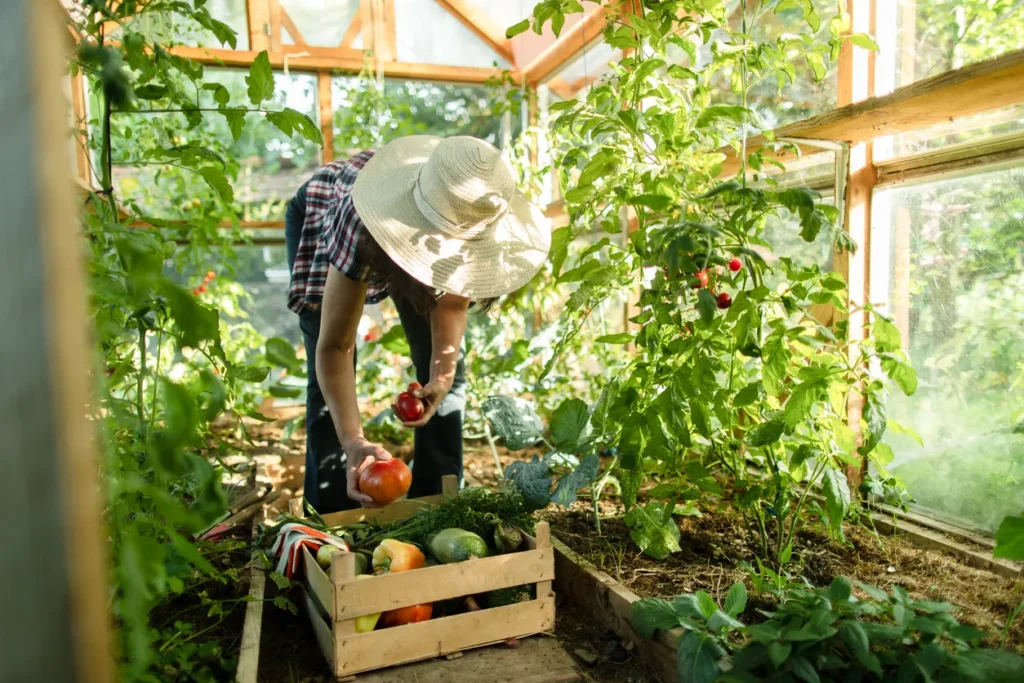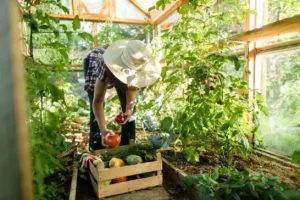
MAIL US :
info@mybackyardgardens.com
CALL US :
+233 54 524 7788
LOCATION :
Dr Amilcar Kabral Rd

The Ultimate Guide to Organic Gardening
Organic gardening is more than just a trend—it’s a sustainable way to grow healthy, vibrant plants while protecting the environment. Whether you’re new to gardening or looking to transition to organic methods, this guide will help you cultivate a thriving garden without relying on synthetic chemicals or pesticides.
1. Understanding Organic Gardening
Organic gardening involves growing plants without the use of synthetic fertilizers, pesticides, or genetically modified organisms (GMOs). Instead, organic gardeners focus on building healthy soil, using natural pest control methods, and working with nature to promote plant growth.
2. Building Healthy Soil
Healthy soil is the foundation of a successful organic garden. Start by testing your soil to determine its pH and nutrient levels. Add organic matter like compost, manure, or leaf mulch to improve soil structure, enhance fertility, and encourage beneficial microorganisms. Regularly rotating crops and using cover crops also helps maintain soil health.
3. Choosing Organic Seeds and Plants
When starting an organic garden, choose seeds and plants labeled as organic. These are grown without synthetic chemicals and are often more resilient to pests and diseases. Heirloom varieties are also a great choice, as they are naturally adapted to local growing conditions.
4. Natural Pest Control
Instead of reaching for chemical pesticides, use natural methods to keep pests at bay. Introduce beneficial insects like ladybugs and predatory beetles, which prey on harmful pests. Companion planting, such as planting marigolds to repel aphids, can also be effective. For serious infestations, consider using organic solutions like neem oil or insecticidal soap.
5. Composting for Nutrient-Rich Fertilizer
Composting is a cornerstone of organic gardening. By composting kitchen scraps, yard waste, and other organic materials, you can create a nutrient-rich fertilizer that feeds your plants and improves soil health. Compost also helps retain moisture in the soil, reducing the need for frequent watering.
6. Watering Wisely
Organic gardening emphasizes efficient water use. Water your plants early in the morning to reduce evaporation and allow foliage to dry during the day, preventing disease. Mulching around plants also helps retain moisture and regulate soil temperature.
7. Practicing Crop Rotation and Companion Planting
Crop rotation prevents soil depletion and reduces the risk of disease and pests. By rotating crops, you avoid exhausting the soil of specific nutrients. Companion planting pairs certain plants together that benefit each other, such as planting basil with tomatoes to improve growth and repel pests.
8. Harvesting and Storing Your Organic Produce
Harvest your produce at its peak ripeness for the best flavor and nutritional value. Use clean, sharp tools to avoid damaging plants. After harvesting, store your produce properly to extend its shelf life. For long-term storage, consider freezing, canning, or drying your excess harvest.
9. The Benefits of Organic Gardening
Organic gardening not only produces healthier, tastier fruits and vegetables, but it also supports biodiversity, enhances soil health, and reduces your carbon footprint. By avoiding synthetic chemicals, you’re also protecting beneficial insects, birds, and other wildlife that are crucial to a balanced ecosystem.
10. Getting Started with Organic Gardening
Starting an organic garden is easy with a few basic steps:
- Choose Your Location: Select a sunny spot with good drainage.
- Prepare Your Soil: Enrich your soil with compost and organic matter.
- Plant Wisely: Choose organic seeds and plants suited to your climate.
- Water and Mulch: Water deeply and mulch to retain moisture.
- Practice Patience: Organic gardening takes time, but the rewards are worth it.
Organic gardening is a fulfilling and eco-friendly way to grow your own food. By following these principles, you’ll not only enjoy a bountiful harvest but also contribute to a healthier planet. Happy gardening!
Facebook
Twitter
LinkedIn
Pinterest
RECENT POSTS


The Ultimate Guide to Organic Gardening
August 22, 2024
No Comments
